17, May 2020
Number of COVID-19 cases exceeds 3,000 in Cameroon 0
The total number COVID-19 cases registered in Cameroon has surpassed 3,000, according to statistics updated Saturday by World Health Organization (WHO).
According to WHO, 3,047 cases have been detected in Cameroon, including 139 deaths. The current fatality rate is about 4.56 percent, higher than the fatality rate in Africa as a whole.
The continuous rise in the number of infections was a result of increased testing capacity across the country, according to Fanne Mahamat, Director of Health Promotion in Cameroon’s Ministry of Public Health.
Cameroon reported its first coronavirus infection on March 6, an imported case from Europe, and has closed national borders, schools and applied social distancing since March 18.
On April 30, Cameroonian Prime Minister, Joseph Dion Ngute announced that, the government decided to ease some of the social distancing restrictions by allowing bars and restaurants to run after 6 p.m., and lifting passenger number restriction in public transport.
On Friday, Ngute issued technical guidelines for schools nationwide to reopen in an orderly manner. Only examination classes in primary and secondary schools will resume classes on June 1.
Source: Xinhuanet

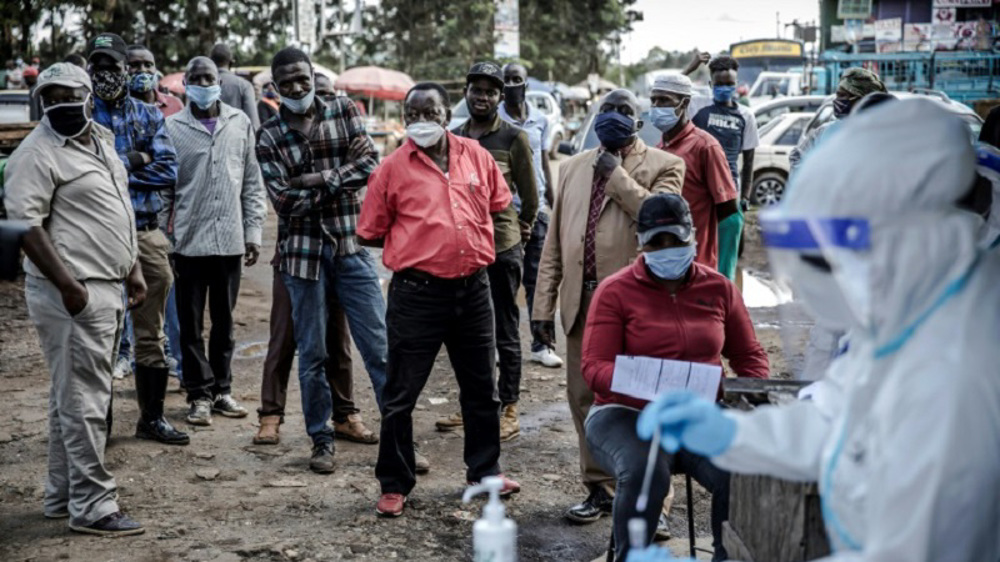

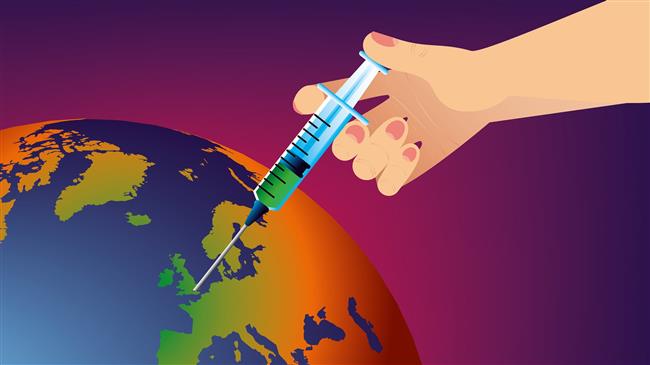
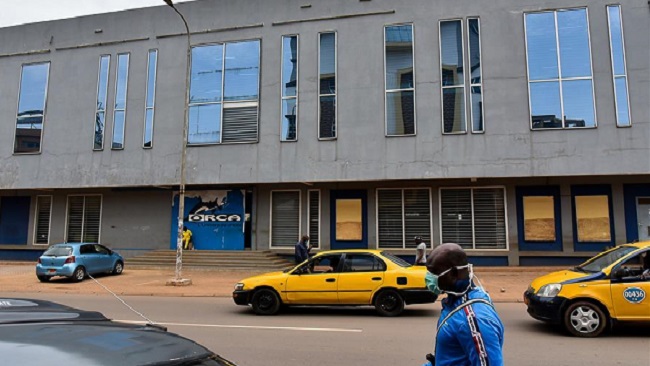
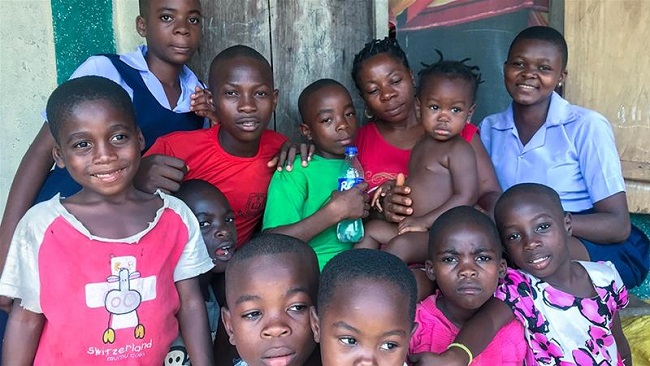
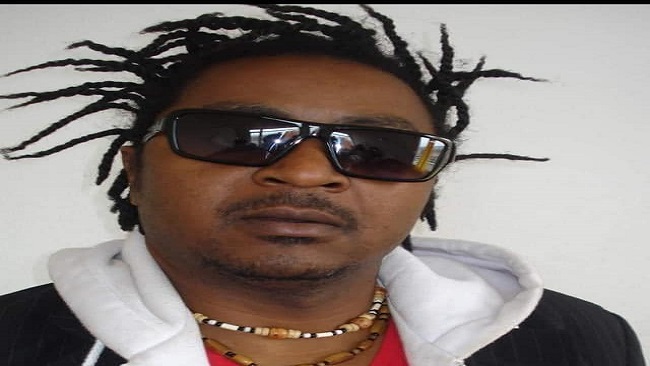
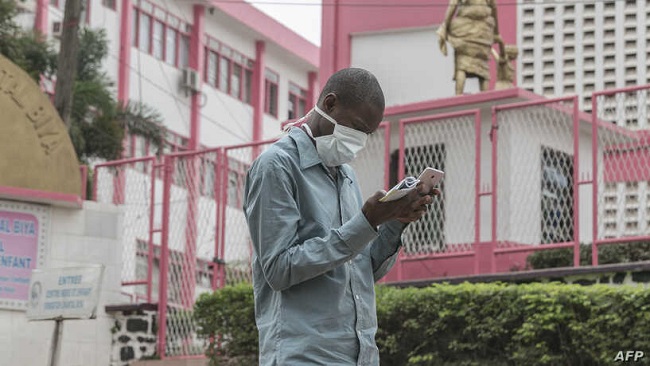


















18, May 2020
Biya regime to open schools in “orderly fashion” amid epidemic prevention 0
Cameroon’s Prime Minister Joseph Dion Ngute on Friday issued technical guidelines for schools nationwide to reopen in an orderly manner, depending on the situation of the coronavirus pandemic in the Central African country.
Only examination classes in primary and secondary schools will resume classes on June 1, Ngute said in a statement, adding the students will be “properly distributed” among classrooms to observe social distancing rules.
Sanitary kits with hand sanitizers, thermoflashes, and hand-washing basins will be available at the entrance of the schools, according to the guidelines.
It is compulsory for students and teachers to wear protective masks, Ngute said, stressing “prevention is and remains the main weapon available to each and every one of us.”
Cameroon closed schools on March 18 after detecting its first COVID-19 case on March 6. More than 3,000 cases have been reported in the country since then.
Source: Xinhuanet